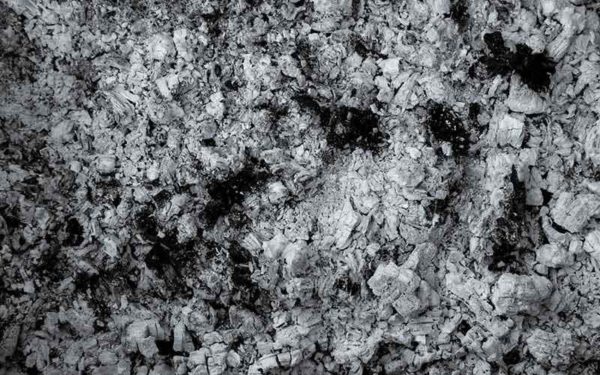What is Plastic Made Of? Fossil Fuels.
These polluting products are two sides of the same coin, and Big Oil and Gas are the culprits.
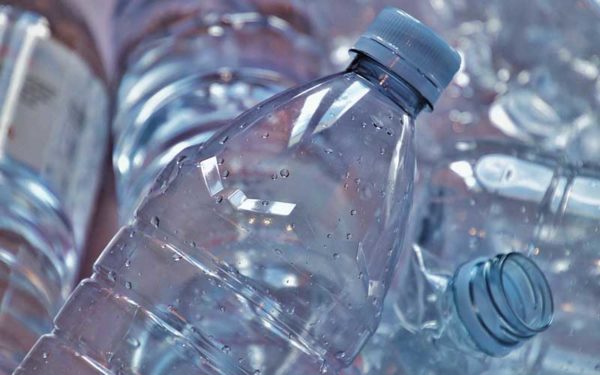
These polluting products are two sides of the same coin, and Big Oil and Gas are the culprits.

“Dumping out-of-state waste at this landfill violates the law and harms the health of nearby communities,” said Peter Blair, Zero Waste Attorney at CLF. “This landfill has been burying thousands of tons of construction and demolition debris for years through this loophole. The Senate made the right call in closing it, and the House must now do the same.”
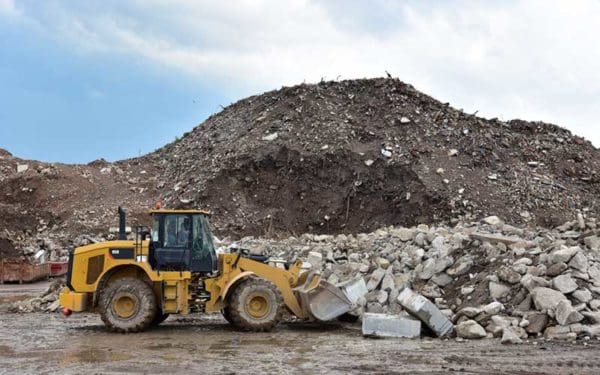
Big Beverage companies drive the global plastic pollution crisis, thanks to the single-use bottles in which they sell their beverages. They also do everything they can to maintain the status quo by sabotaging efforts to reform our recycling systems. That’s why we’re exposing Big Beverage’s playbook – because we can no longer afford to let them avoid responsibility while we drown in plastic pollution.
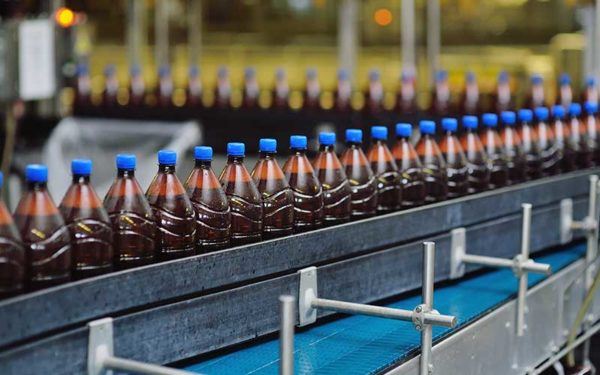
Millions of adults and children around the country and here in New England suffer from a lack of access to affordable, nutritious food. What’s more, so much perfectly edible food gets dumped in landfills every day. The good news is that we can alleviate both of these problems at the same time.

Co-founders of Mei Mei Dumplings and Food Waste Feast, Mei and Irene are on a mission to pass along their professional knowledge for reducing food waste in the kitchen. Designing dishes that use up everything in the fridge and offering workshops on how to make your dollars go further by cooking smarter, the sister-duo is on the cutting edge of the food waste revolution.

“By getting Casella to remove a decade’s worth of contaminated sediments from a polluted channel flowing into the Ammonoosuc, this settlement directly addresses a legacy of landfill pollution,” explained Tom Irwin, Vice President and Director of CLF New Hampshire. “The problems addressed in this case are yet another reason why New Hampshire needs to focus on reducing waste rather than burying it in landfills.”
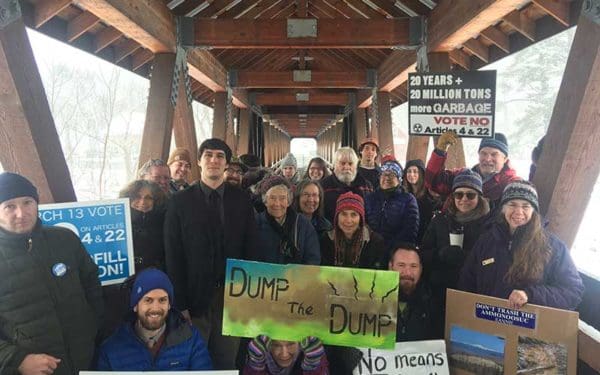
Manufacturers should not be allowed to reap profits while their toxic products and packaging harm our health and environment. Producer responsibility laws have the potential to drastically cut our waste generation and disposal, as well as their harms. And all while holding producers accountable.
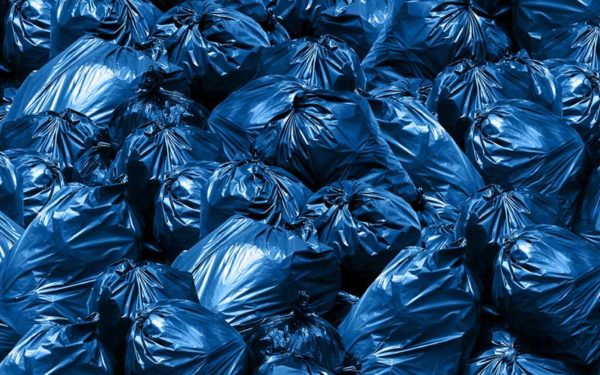
During my recent stint on parental leave, I tried to disconnect from my Zero Waste work. But I quickly realized that there’s no off-switch for corporate greenwashing. So, I’d like to set the record straight. What does circular economy really mean? And why will single-use plastics and waste-burning technologies never have a place in it? Here are the answers.

It’s the most wonderful (and wasteful) time of the year! As retailers bombard your inbox this holiday season, we challenge you to think outside the box – literally. To help you out, we’ve crafted a list of our top Zero Waste gifts to give this year.

Burying incinerator ash harms our health and environment. Yet, as New England’s incinerators limp on well past their lifespans, several ash landfills across the region want to expand.
